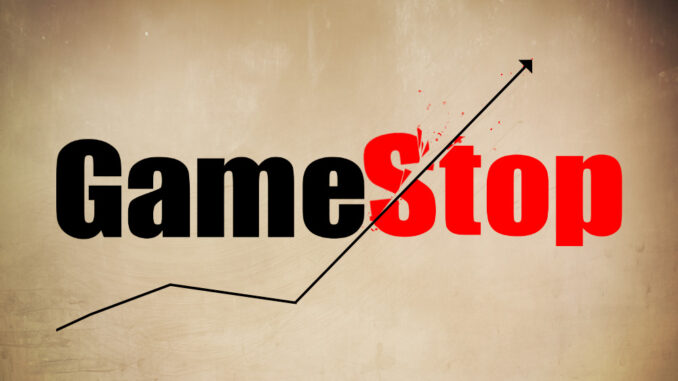
Rosie Parlavecchio ’22
The “Gamestop saga” began with a Reddit user, Keith Gill. During the fall, he began posting his Due Diligence (DD) on a subreddit called r/WallStreetBets, a subreddit infamous for large monetary losses on trades in the stock market. In his DD, he highlighted his investment thesis which, summed up, and concluded that GameStop was deeply undervalued and was due for an upward trend.
A user of WSB (WallStreetBets) took this idea and developed it, focusing on one part of the thesis, a 140% short interest, meaning more shares were being shorted (betting the stock will go down), than there were shares traded publicly. Many users of WSB began buying shares and calls, which are a financial derivative that bets the stock will go up. They primarily aimed for the largest short of GameStop – Melvin Capital.
As the price of GameStop slowly began its upwards march, the WSB users began filtering into the trade. It became a feedback loop of users and eventually, institutions such as banks, hedge funds, etc. were buying shares of GameStop in the hopes of causing a “short squeeze”. A short squeeze is when those who short a stock get “squeezed” and are forced by their broker to “cover their short” by buying shares.
As the price continued up, this is exactly what happened – with many market participants taking big losses, they were forced to cover their shorts. Melvin Capital was crushed, ending the month of January -53%. It became a mania, with billionaires and celebrities such as Elon Musk, Mark Cuban, Dave Portnoy, and others raising the stock on social media.
As GameStop’s stock was rising to insane levels, brokers were faced with a liquidity issue as clearinghouses raised cash margin requirements. This affected Robinhood — a retail brokerage typically used by young people — negatively, with Robinhood having to raise billions from investors in under a week. Robinhood and other smaller brokerages stopped purchases of GameStop stock, along with others. This marked a peak in the price of GameStop’s stock, with a rapid fall ensuing. By the time Robinhood reallowed trading, it was too late…
Over the ensuing week, the price of GameStop stock continued its fall and still does to this day, with retail traders suffering massive losses. On the 18th of February, a congressional meeting was called, with the CEO of Robinhood, Keith Gill, and others being called to testify. The saga appears to be nearly over as social media outlets have moved past their coverage of the mania. There was no better sign of the craze than seeing screenshots from Reddit users showing gains in the tens of millions.